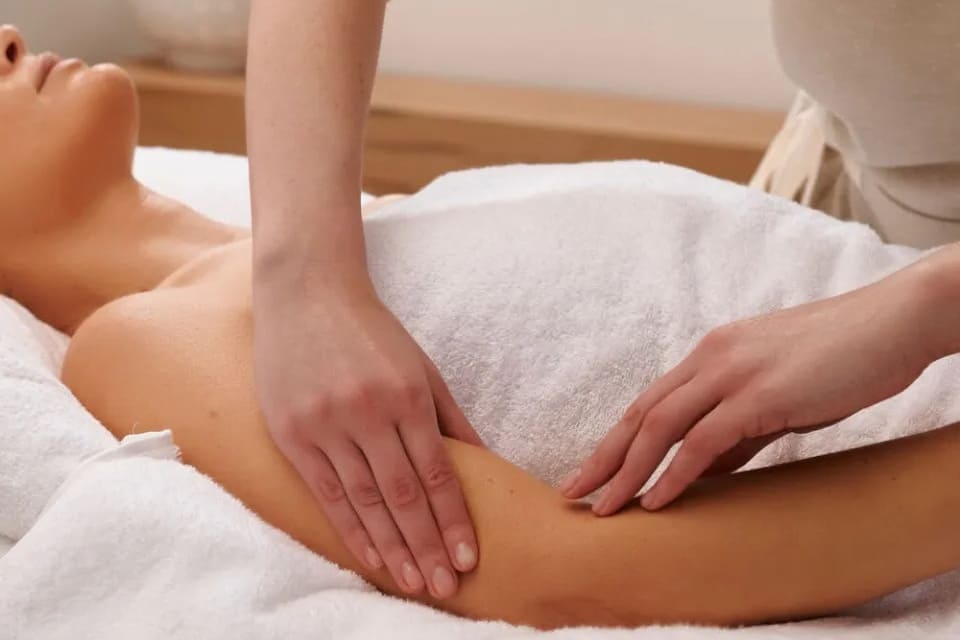What kind of massage should pregnant women choose?

Pregnancy is a beautiful journey filled with excitement and anticipation, but it also brings along its fair share of physical discomforts. As your body undergoes numerous changes to accommodate the growing life within, it’s essential to prioritize self-care and relaxation. One effective way to ease the aches and pains of pregnancy is through prenatal massage. In this comprehensive guide, we’ll explore the benefits of prenatal massage, safety considerations, and the different types of massages suitable for expectant mothers.
Benefits of Prenatal Massage
Prenatal massage offers a myriad of benefits for both the mother and the growing baby. Some of the key advantages include:
-
Relief from Aches and Pains: Pregnancy can bring about discomfort in various parts of the body, including the back, hips, and legs. Prenatal massage helps alleviate muscle tension, reducing pain and promoting overall relaxation.
-
Improved Circulation: The increased blood volume during pregnancy can lead to swelling and fluid retention. Massage techniques designed for expectant mothers can help improve circulation, reducing swelling and promoting better oxygen flow to both the mother and the baby.
-
Stress Reduction: Pregnancy can be a stressful time, both physically and emotionally. Prenatal massage has been shown to lower stress hormones such as cortisol while increasing the production of endorphins, the body’s natural feel-good chemicals.
-
Better Sleep Quality: Many pregnant women struggle with insomnia due to discomfort or anxiety. Regular prenatal massage sessions can help promote deeper and more restful sleep, allowing expectant mothers to feel more refreshed and rejuvenated.
Safety Considerations
While prenatal massage is generally safe for most pregnant women, there are some important considerations to keep in mind:
-
Consultation with a Healthcare Provider: Before scheduling a prenatal massage, it’s crucial to consult with your healthcare provider, especially if you have any underlying medical conditions or pregnancy complications.
-
Trained Massage Therapist: When choosing a massage therapist, opt for someone who is trained and experienced in prenatal massage techniques. They will be knowledgeable about the specific needs and considerations of expectant mothers.
-
Positioning: During prenatal massage, proper positioning is essential to ensure the safety and comfort of both the mother and the baby. Most prenatal massage therapists use specialized cushions and bolsters to support the pregnant belly and provide optimal comfort during the session.
-
Avoid Certain Pressure Points: Some massage techniques, such as deep tissue massage or certain pressure points, may not be suitable for pregnant women. It’s essential to communicate openly with your massage therapist about any areas of concern or discomfort.
Types of Prenatal Massage
There are several types of prenatal massage techniques that cater to different needs and preferences. Some popular options include:
-
Swedish Massage: This gentle and relaxing massage technique involves long strokes, kneading, and circular movements to promote relaxation and improve circulation. Swedish massage is ideal for relieving muscle tension and promoting overall well-being during pregnancy.
-
Shiatsu Massage: Originating from Japan, Shiatsu massage involves applying pressure to specific points on the body to release tension and promote energy flow. Modified Shiatsu techniques can be adapted for pregnant women to provide relief from discomfort and promote relaxation.
-
Prenatal Yoga Massage: Combining elements of traditional massage with yoga-inspired stretches and movements, prenatal yoga massage focuses on improving flexibility, reducing muscle tension, and promoting relaxation. It’s an excellent option for expectant mothers looking for a more active approach to prenatal care.
-
Reflexology: Reflexology involves applying pressure to specific points on the hands and feet that correspond to various organs and systems in the body. During pregnancy, reflexology can help alleviate common discomforts such as nausea, fatigue, and swelling.
Conclusion
Prenatal massage is a safe and effective way for expectant mothers to alleviate the physical discomforts of pregnancy and promote overall well-being. By choosing a qualified massage therapist and communicating your needs and concerns openly, you can enjoy the many benefits that prenatal massage has to offer. Whether you opt for a gentle Swedish massage, a therapeutic Shiatsu session, or a combination of techniques, prenatal massage can be a valuable addition to your prenatal care routine, helping you relax, rejuvenate, and prepare for the journey ahead.

